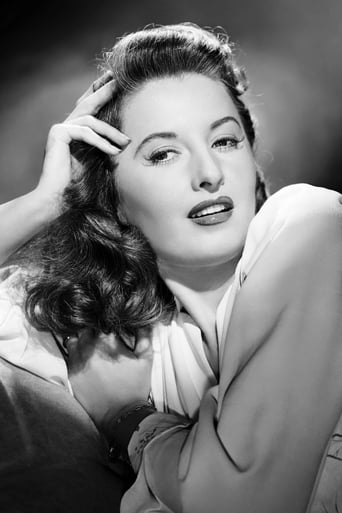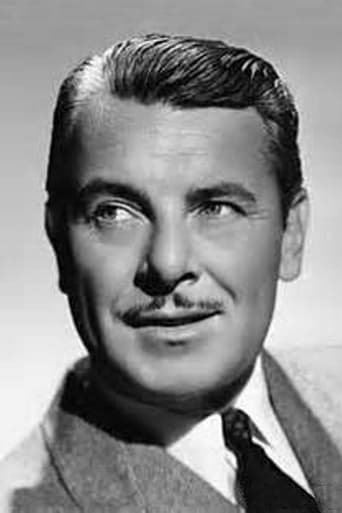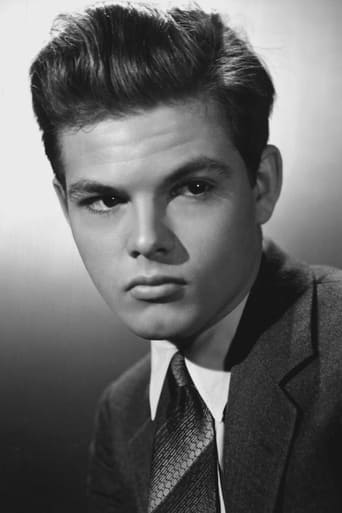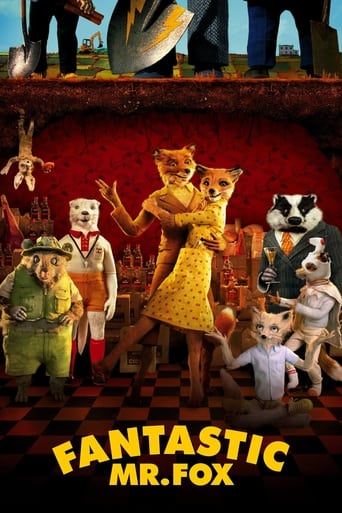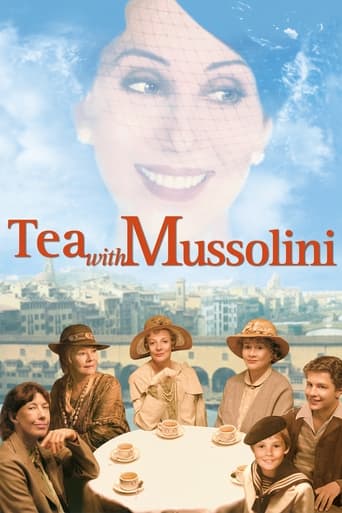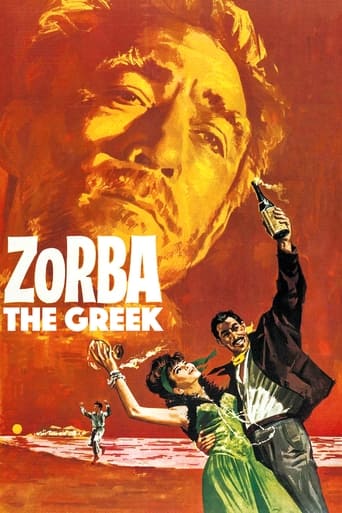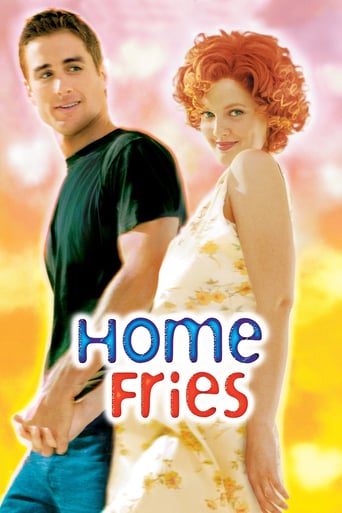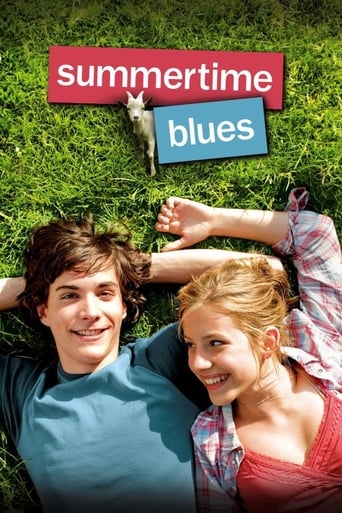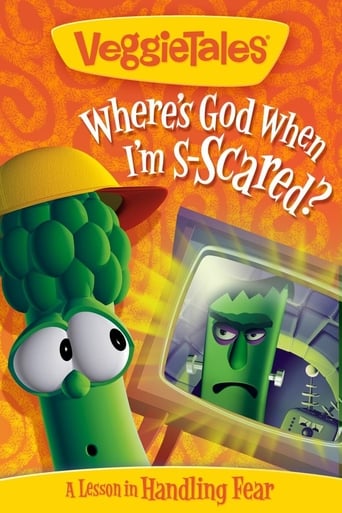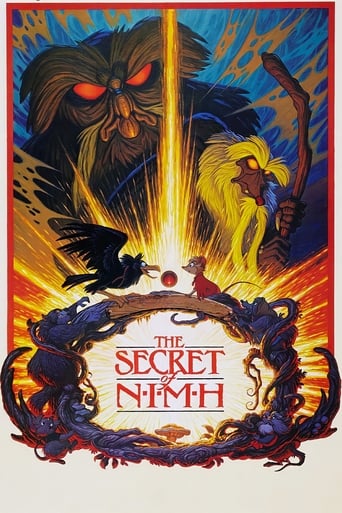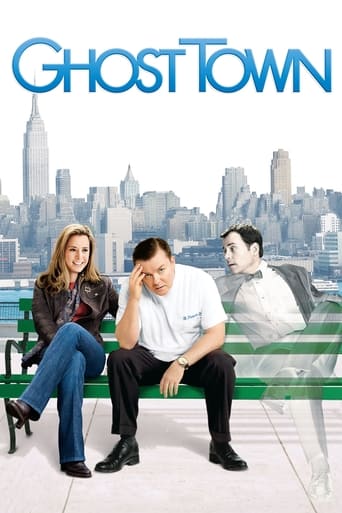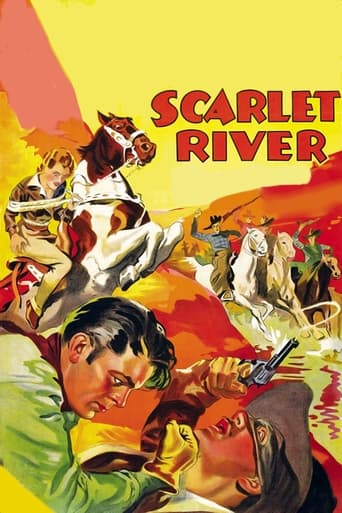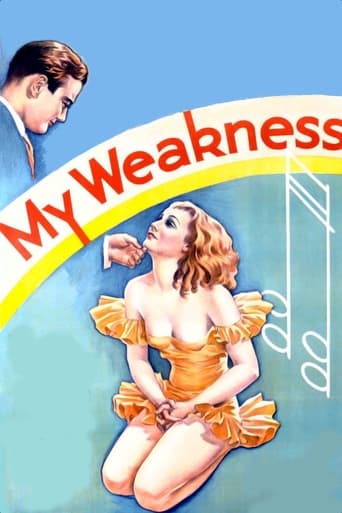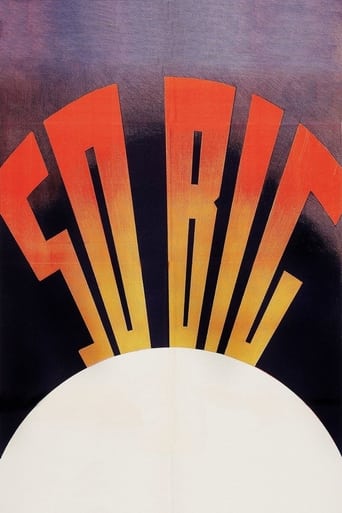
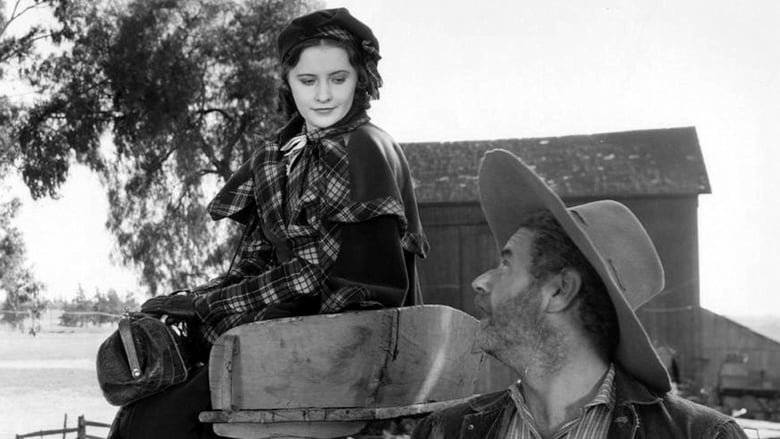
So Big! (1932)
A farmer's widow takes on the land and her late husband's tempestuous son.
Watch Trailer
Cast


Similar titles
Reviews
So many viewers have found this film wonderful that I would hate to spoil the pleasure for those who have not seen it yet and might find it the same so if you are intent on viewing the film anyway, maybe just watch it and make your own opinion before possibly coming back to mine afterwards. On the other hand, if you are not quite sure yet whether you want to watch So Big, rather than another one of the myriad of outstanding or just pleasant Barbara Stanwyck's movies of the period, then you might compare the following dissenting viewpoint with others and decide. First let me state that I am an unconditional admirer of Stanwyck. She has been one of the strongest talents of Hollywood, if not the strongest, with a very wide acting range which enabled her to play mostly everything and never to be dull. So big! was certainly not a film beyond her capacities - actually there is not really much to reproach her, apart from the simple fact that she is not so credible as bright city girl Selina supposedly enjoying for years the dullest possible farm life. And apart also from the fact that while she seems to age like twenty years in the very first first few years of her married farm life, after that she appears to have aged not even a bit more when we meet her again twenty long years later – she is without a wrinkle and with the smooth velvety face and hands of the twenty-five-year-old actress she is, not of the hard-and long-toiling farmer lady she is supposed to be. Possibly asparagus farming is a secret recipe for some wonders? Anyway, so good for her glamour, but so much for making us believe that she really is that nice granny-like lady. But these are indeed very minor qualms. The serious ones are with the film itself. And for that, blame probably the old-fashioned views of author Edna Ferber on women's condition and the admirability of their sacrifice, but blame also, sad to say, the for once unsteady hand of generally admirable director William Wellman. First, for such a short film it has a long and boring start. All the time taken to introduce the heavily-caricatured hick family she lands into, then the equally laughable hick village community, is really misspent, everything there is to understand about it being clear after only two minutes – and not much fun, rather embarrassing in its patronizing way to depict the poor farmers' community. And then the husband, yet one more uneducated slow-witted though rather nicer hick, but definitely not an even remotely inspiring person for Stanwyck to fall into his arms, at least out of any more positive feeling than sheer resignation to her fate. Second, about three quarters of the film has already elapsed until something really happens – but almost immediately after that, whoops, unexpected fast forward twenty years. As mentioned earlier Selina has not changed a bit but her infant son Dirk is now a tall handsome young city professional. And unfortunately, the film mostly stops paying much interest to her and moves to Chicago to deal with the uninteresting professional and sentimental life of this uninspiring young man. The unintended reaction being, "did she really sacrifice the best years of her life for this young jerk, and is this supposed to be an example?". Therefore the last quarter of the film, while very different, would be even slightly more uninteresting if it was not saved from complete boredom by the arrival of a young and sprightly Bette Davis, who puts young Dirk back in the right track of following the hard but inspiring life of an architect rather than the prosperous but soul-stifling one of a bond trader. Not that we care very much about him going one way or the other, but at least it confirms belatedly that Selina' life of admirable sacrifice has not been spent in vain. And that's the third issue. The life of Selina is indeed supposed to be so admirable, and therefore so touching, as well as so inspiring. As to touching, hard to say : after the first part when Selina has landed in exactly the wrong place and with the wrong husband, we do not her spend the next twenty years and come to terms with that life – we understand she did it all for the sake of precious Dirk, but with no means to know whether enduring or eventually enjoying that life. And as to inspiring : if a young lady who makes a silly choice of job location, then doubles it with an even sillier choice of husband, then trebles it by making countless sacrifices for a son who seems to be a spoiled and rather ungrateful jerk – if the value of such a sacrifice is measured only by its price, then Selina is indeed an inspiring role model. I have my doubts about that. Stanwyck will land a similar role a few years later in the much better Stella Dallas, the big difference being that her sacrifice is shown there as pathetic, not admirable. However, Selina is supposedly an example because she takes to heart the life motto of her late gambling father, more or less, "take gracefully whatever life serves you, and then just follow your heart to make the best of it". Why not - this is what Selina teaches to her pupil Roelf and her son Dirk. Except that for them boys, this means following one's envies to become a sculptor or an architect, whereas for Selina, it means submitting to the rather dirty hand that fate (as well as your own decisions) has dealt you, housewife then widow and self-sacrificing mother, and forgetting about any other hopes. Not much of a real choice there, actually. Unless one believes she really stayed as she once asserted for the unsung beauty of cabbage fields?
"So Big" did a lot to salvage Barbara Stanwyck's career. Apart from "Ladies of Leisure" which had prestige, many of Stanwyck's early films were potboilers and, often, her's was the only performance worth watching. This story of mother love and self sacrifice was dear to people's hearts at the time (struggling through the Great Depression) and Stanwyck's honesty and earthiness made her a natural for Selina Peake. Warners surrounded her with the best talent they had - William Wellman directing, George Brent as the male lead (although his part lasted barely 10 minutes) and the studio's new ingenue, Bette Davis, in an interesting role as a young artist who tries to guide Dirk back to his roots. There were also two of the better child stars of the day - Dawn O'Day was Selina as a child (five years later, as Anne Shirley, she would play Stanwyck's daughter in the acclaimed "Stella Dallas") and the very cute Dickie Moore as "So Big" as a child.In many of Edna Ferber's books the male characters didn't hang around, they either abandoned their family or were killed off (Ferber never married and many critics felt she didn't really understand men) and "So Big" was no exception. Selina's beloved father (Robert Warwick) is shot (he has a gambling house, a fact that all through her childhood has been kept secret). The only friend who hasn't deserted her secures her a job as a teacher in High Prairie, but her first impressions of the town are not favourable. She finds the Pooles, her host family, ignorant and crude, the mother (another thankless role for Dorothy Peterson) is worn out and old at 31. The one ray of hope is Roelf, who is eager to learn and, when Selina arrives, is half way through reading the dictionary. He also departs, after a time, to make his way in the world.Selina marries Pervus DeJong (Earle Fox), a decent farmer, but someone who is mired in the past and won't learn new ways or experiment with different crops - asparagus for example. Life is going to be a long, hard struggle but his death gives Selina the opportunity to try new methods. All she has left is Dirk (Hardie Albright) but he is a bitter disappointment to her. Not only is he materialistic and worships money, he is also going about with a married woman, who convinces him to give up architecture for the lucrative field of advertising. With his new executive postion he is slipping further from Selina's values, but he then meets Dallas, a young artist, who convinces him to find truer ideals. Roelf has just returned from Europe, where his renown as a sculptor has made him a celebrity, and he is eager to see Selina, who he regards as his inspiration. Together, they all return to the farm and the film ends with Dirk's realisation that he had been misguided and Selina has known all along the answer to true happiness."So Big" is just "So Wonderful". One of the nicest scenes (I think) is when Selina, newly widowed, takes "So Big" to market. There, they meet two "ladies of the night", one of them, Mabel, strikes up a friendship with "So Big". Another small role for Noel Francis, she always played shady ladies but she had the bearing of a Duchess.Highly, Highly Recommended.
So Big is a film based on a novel and has a wonderful cast to bring it to life. Barbara Stanwyck is the lead, a woman whose life isn't perfect but which she works hard to be proud of. In the beginning, she is a wealthy girl, but when her father dies, she is sent away to a small town to live with a farmer and become a schoolteacher. There she meets a boy (George Brent) with an enthusiasm for life that she shares and she becomes his inspiration to become an artist. Later, she weds and has a child (Dickie Moore) who she plays a game with that explains the title of the film. Sadly, these scenes are short and the film progresses toward the future where her grown-up son enters the world and experiences trials that challenge his values. In the process, he meets Bette Davis, a beautiful artist with similar principles as his mother.The problem with this film is that it seems to constantly be gathering speed and presenting a back-story, but there is no major climax. One watches and wonders who is the main character, Stanwyck or her son. It seems to be more of a discussion on how to live one's life than a story. The cast will bring audiences, but they will come away confused.
Well-off, motherless Selina is raised by her father, who teaches her to find beauty and joy in all aspects of life. When the father dies, a friend of the family arranges for Selina to move from the city to "High Prarie", a rural town where Selina is to live with a farm family and teach in the local schoolhouse.Selina arrives all wondrous at her new surroundings, even commenting on how beautiful the cabbage field is. The boobs in the farm family all laugh at her, except 12 year old Roelf who agrees that the cabbages are beautiful and even makes a drawing of the field for Selina. Roelf is a kindred spirit, and sees beauty all around him, and wants to be an artist. While a teenager, he runs away and goes to Europe where he eventually becomes a well-known sculptor.Back home, Selina marries local farm-boy Purvis de Jong and has a son with him, Dirk, nicknamed "So Big" (Selina says to little Dirk, "How big is my big boy?" and little Dirk spreads his arms wide and answers "Soooooo big!") Selina is widowed while Dirk is still young, and Selina keeps her little family together by maintaining the farm, even growing a special variety of asparagus dubbed the de Jong asparagus.Flash forward to Dirk's adulthood. He is bored with his entry-level architect job, ashamed to admit he's *THAT* de Jong of the de Jong asparagus fame, and he hangs out with a married woman (the details of their relationship are not delved into). Selina wants her son to appreciate the beauty in life, much the way her own father encouraged her when she was a child. Dirk, however, has only dollar signs in his eyes, and he quits his architect position to become a bonds-trader in the stock market.Dirk meets a young (and extremely lovely) Bette Davis, who is making some advertising drawings for his firm. Dirk falls in love with her, but she doesn't return that love. She tells him she can only love a man who works with his hands and appreciates art, someone whose beauty shines from the inside (unlike Dirk who clearly doesn't have any of these qualities). Bette goes to Paris, meets Roelf and returns to High Prairie with Roelf who very much wants to see Selina again. The reunion between Roelf and Selina is sweet and may make you reach for a hankie. While the four of them -- Selina, Roelf, Dirk, Dallas (the Bette Davis character) -- are visiting in Selina's home, Dallas watches Selina and Roelf at the window. Dallas remarks to Dirk how beautiful his mother is (although at this point in the movie Stanwyck is made up to be an older woman with near-white hair). Dallas sees the beauty radiating from within Selina and wants to paint her. It's a beautiful but also sad ending ... sad because of the contrast between Selina, Roelf and Dallas who are able to see and appreciate beauty all around them, versus Dirk who cannot see it even when he's surrounded by it. It made me sad for Selina that her son could not see the things she and Roelf and Dallas could.


